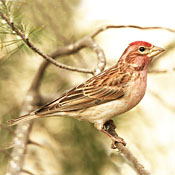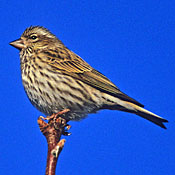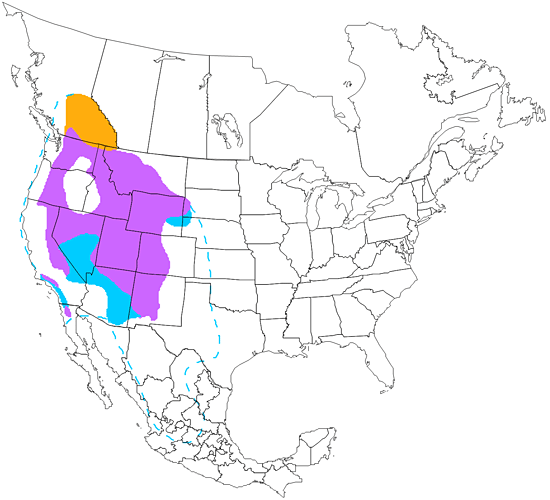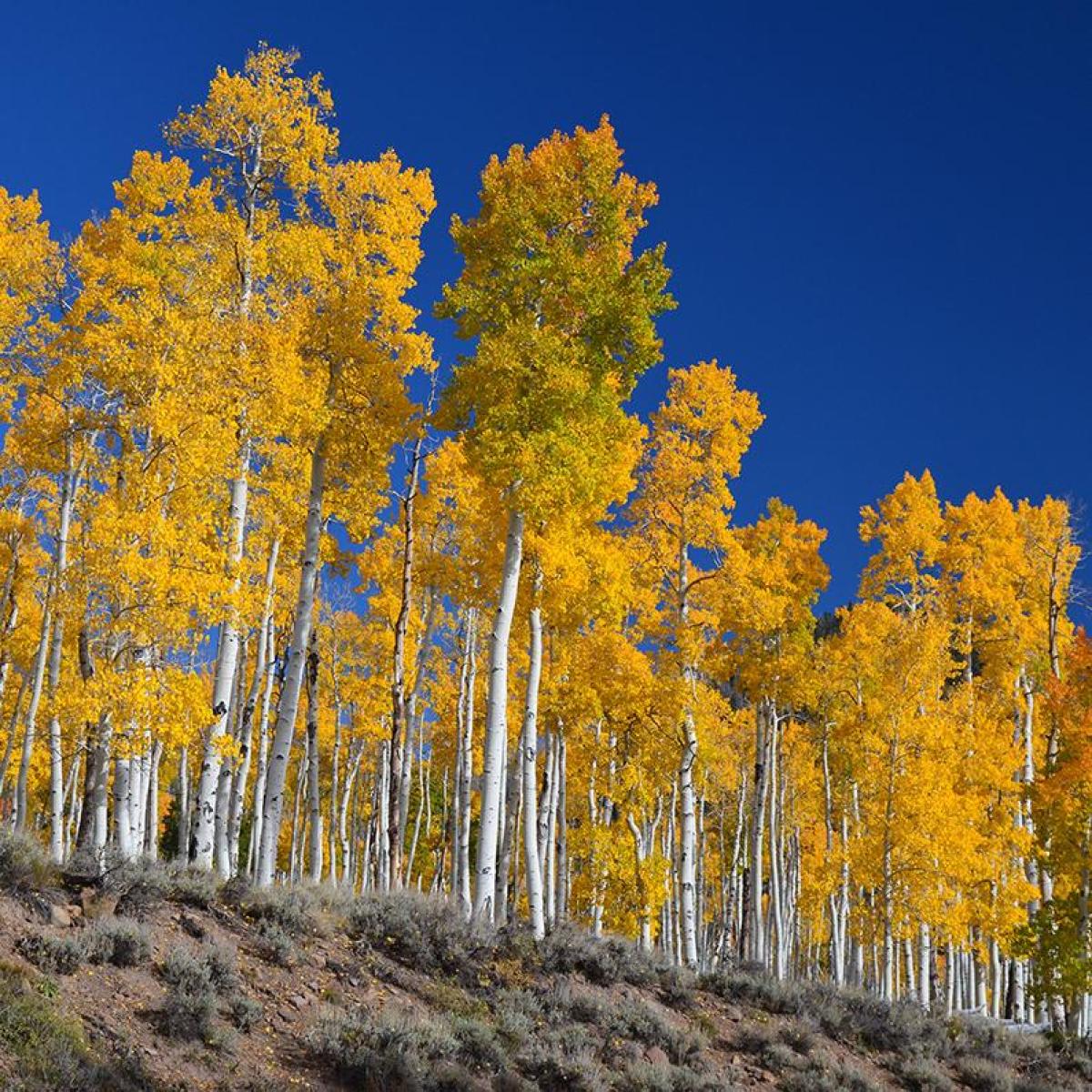Cassin's Finch
Carpodacus cassinii

Perching

Length: 6 in. (16 cm )
Open and dry coniferous forest in the mountainous west is the primary habitat of this finch. For most of the year they are nomadic and travel in small flocks eating buds, seeds, fruits and a few insects at higher elevations in the late summer and lower elevations in the winter. The small cup-shaped nest, made of twigs, rootlets, bark and lichens, is placed at the tip of a large branch high above the ground. Occasional eruptions of this species brings small numbers to feeders at lower elevations in harsher winters.
The four-digit banding code is CAFI.
Bibliographic details:
- Article: Cassin's Finch
- Author(s): Dr. Biology
- Publisher: Arizona State University School of Life Sciences Ask A Biologist
- Site name: ASU - Ask A Biologist
- Date published:
- Date accessed:
- Link: https://askabiologist.asu.edu/activities/bird/cassins-finch
APA Style
Dr. Biology. (). Cassin's Finch. ASU - Ask A Biologist. Retrieved from https://askabiologist.asu.edu/activities/bird/cassins-finch
Chicago Manual of Style
Dr. Biology. "Cassin's Finch". ASU - Ask A Biologist. . https://askabiologist.asu.edu/activities/bird/cassins-finch
Dr. Biology. "Cassin's Finch". ASU - Ask A Biologist. . ASU - Ask A Biologist, Web. https://askabiologist.asu.edu/activities/bird/cassins-finch
MLA 2017 Style
Be Part of
Ask A Biologist
By volunteering, or simply sending us feedback on the site. Scientists, teachers, writers, illustrators, and translators are all important to the program. If you are interested in helping with the website we have a Volunteers page to get the process started.




